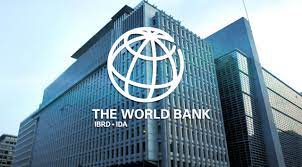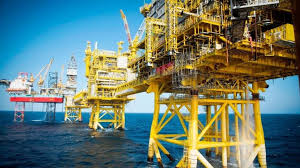The World Bank stated on Wednesday that to promote economic growth, Nigeria still needs to stabilize its foreign exchange market and control inflation after removing a gasoline subsidy and implementing currency reforms.
Bola Tinubu, the president of Nigeria, has implemented the largest reforms the nation has seen in decades, including the removal of the widely costly fuel subsidies, bringing the nation’s various currency rates, and implementing policies to double tax income.
During a presentation in the nation’s capital, Abuja, World Bank senior economist for Nigeria Alex Sienaert stated that the government still had work to do.
Godwin Emefiele, the former governor of the central bank, implemented some unorthodox measures, including tightening monetary policy, phasing down so-called ways and means borrowing, and increasing the central bank’s efforts to finance development.
Olawale Cardoso, the new governor of the central bank, has already started reversing Emefiele’s decisions.
He discontinued all direct interventionist programs, claiming that doing so blurred the boundaries between monetary policy and inflation targeting, and he started paying off foreign exchange backlogs owing to banks, which totaled an estimated $7 billion.
In answer to Siernaet’s request, Cardoso stated, “We will be using inflation-targeting and we will ensure that the use of monetary policy cascades down and has an impact.”





















